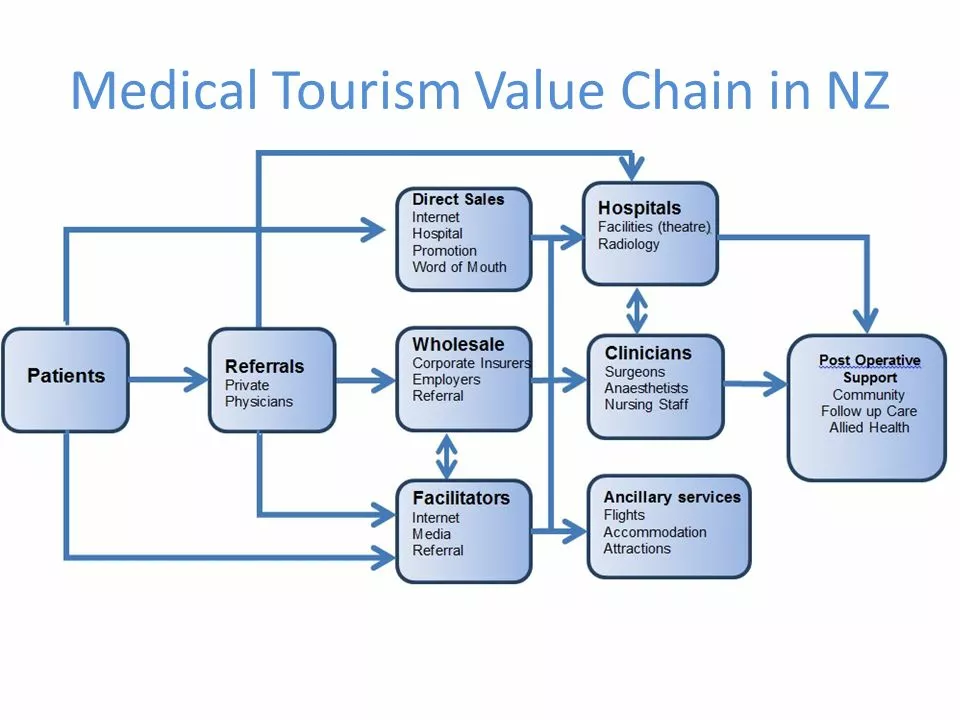Purpose of Tourism: Why We Travel and What It Gives Back
Ever wondered why millions of people pack their bags every year? It’s not just about snapping photos or ticking off a bucket list. Tourism has a real purpose that touches our lives, the places we visit, and the world at large.
Exploring New Places and Cultures
First and foremost, traveling lets us step out of our everyday routine. When you walk through the streets of Kyoto, taste street food in Mexico City, or hike the trails of Patagonia, you’re absorbing sights, sounds, and flavors that you can’t get at home. These direct experiences broaden your perspective, help you understand different ways of life, and often spark a deeper appreciation for diversity. It’s the kind of learning you can’t find in a textbook – you’re living it.
Besides personal growth, sharing those experiences with friends and family spreads curiosity. When you return with stories of a local market or a hidden waterfall, you plant the seed for others to explore too. That ripple effect keeps curiosity alive and encourages more people to discover the world.
Tourism’s Ripple Effects on Communities and the Planet
Tourism isn’t just a personal hobby; it’s a powerful engine for local economies. Hotels, restaurants, tour guides, artisans, and transport services all depend on visitors. The money spent by tourists creates jobs, supports small businesses, and can lift entire neighborhoods out of poverty. In many places, tourism is the main source of income, helping families pay for education, healthcare, and a better quality of life.
But there’s a flip side that’s often overlooked: responsible tourism can protect cultural and natural heritage. When travelers pay entry fees to museums or national parks, that revenue goes straight into conservation projects. Communities see the value in preserving historic buildings, protecting wildlife habitats, and keeping traditions alive because they know tourists will keep coming back.
That doesn’t mean every trip automatically helps. The key is to choose experiences that respect local customs, support authentic businesses, and minimize waste. Simple actions—like staying in locally‑owned lodges, buying souvenirs made by nearby craftsmen, or using public transport—turn a vacation into a positive contribution.
Finally, tourism creates memories that last a lifetime. The laughter shared over a campfire, the awe of watching sunrise over a desert, the friendships forged with fellow travelers—these moments shape who we are. They give us stories to tell, lessons to pass on, and a sense of connection that goes beyond borders.
So, the purpose of tourism is threefold: it satisfies our innate curiosity, fuels economic and cultural growth, and safeguards the places we love to explore. When you travel with intention, you become part of a cycle that benefits both yourself and the world. Ready for your next adventure? Remember, every journey is a chance to learn, support, and protect.
